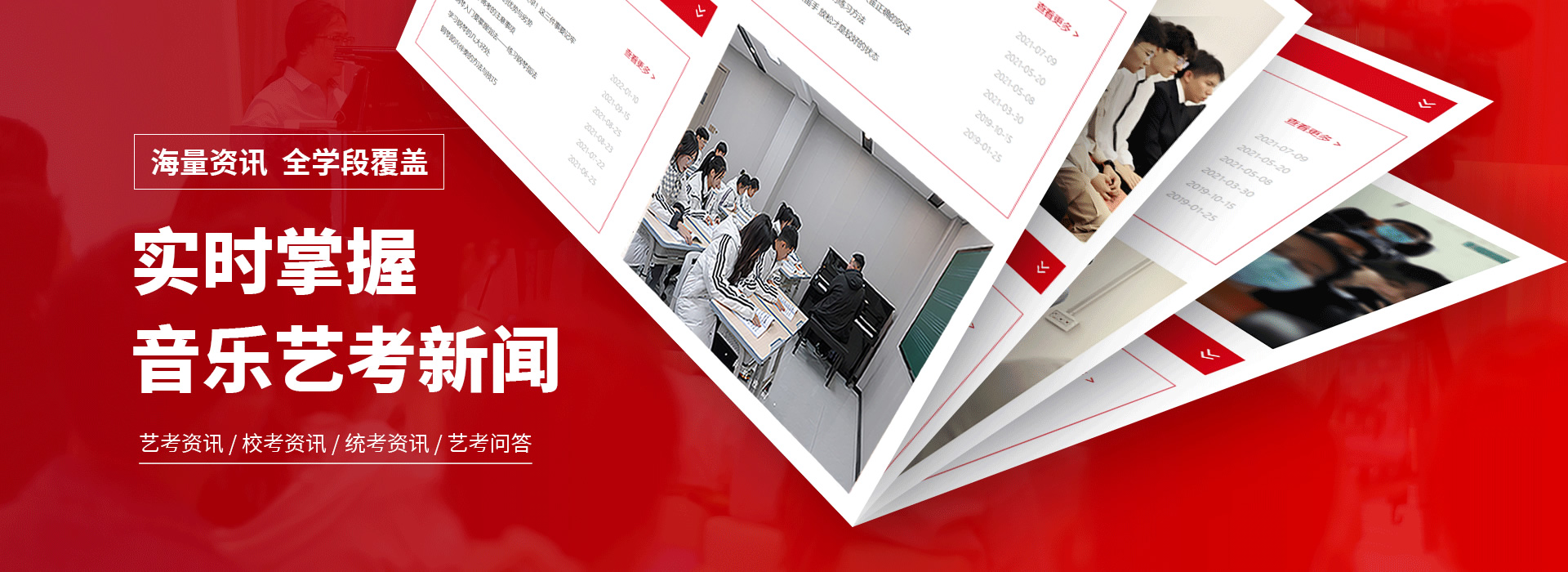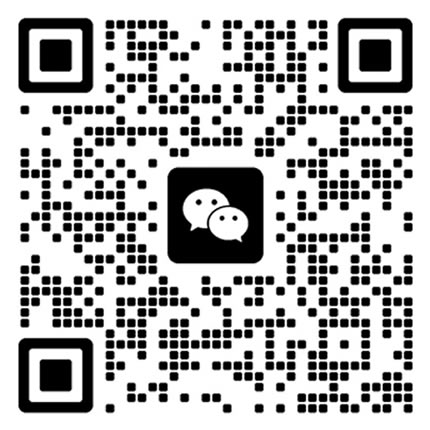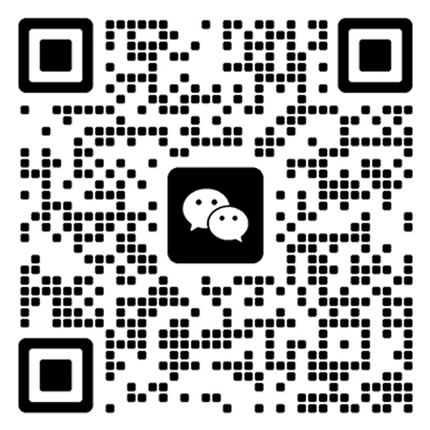
2025-03-31123次招生信息
In Chengdu, music art students have a variety of courses to choose from to prepare for their exams. Here is an overview of the content typically included in these courses:
1. Music Theory: This is a fundamental course that covers the basics of music, including scales, chords, rhythms, and harmony. Students learn to read music notation, understand musical structures, and develop a strong foundation in music theory.
2. Aural Skills: This course focuses on developing the ability to listen and analyze music. Students learn to identify different instruments, recognize intervals, harmonies, and rhythms, and understand the structure of various musical pieces.
3. Piano: Piano is a crucial instrument for music art students. Courses include piano technique, repertoire study, and improvisation. Students are expected to master a wide range of piano pieces from different eras and styles.
4. Vocal Training: This course is designed for students who wish to pursue vocal performance. It covers breathing techniques, voice projection, diction, and interpretation of songs. Students also learn about the different vocal ranges and how to maintain healthy vocal technique.
5. Music History: Understanding the historical context of music is essential for music art students. This course covers the history of music from ancient times to the present, including different musical periods, styles, and composers.
6. Ensemble Performance: Ensemble courses provide students with the opportunity to perform in groups, such as orchestras, choirs, or bands. This helps in developing teamwork, coordination, and performance skills.
7. Composition and Arrangement: This course teaches students how to compose and arrange music. They learn about different genres, styles, and techniques, and how to create original pieces that reflect their own artistic voice.
8. Music Technology: With the advancement of technology, music production skills are increasingly important. This course covers the basics of digital audio workstations (DAWs), sound editing, and music production.
9. Electives: Depending on the student's interests and goals, there may be elective courses available, such as jazz improvisation, world music, film scoring, or electronic music.
As for the English version requirements for these courses, they typically include:
- Proficiency in reading and understanding English musical terminology and literature.
- Ability to communicate effectively in English during lessons and performances.
- Familiarity with English-speaking music educators and the ability to follow their instructions.
- Understanding of international music trends and the ability to incorporate them into one's own studies.
It is important for music art students in Chengdu to meet these English language requirements to ensure they can fully benefit from their courses and prepare for the competitive music industry.
The curriculum for Chengdu music art students covers a wide range of subjects to prepare them for their exams and future musical careers. Here is a detailed breakdown of the content typically included in these courses:
1. Music Theory: This is a fundamental part of the curriculum, covering aspects such as harmony, melody, rhythm, and form. Students learn about scales, chords, intervals, and the structure of different musical genres.
2. Piano: As one of the most important instruments for music theory and composition, piano lessons are integral to the curriculum. Students learn to read music, develop technical skills, and explore various musical styles.
3. Vocal Training: Singing is a crucial skill for music students, and vocal training focuses on breath control, diction, tone quality, and range. Students also study different vocal techniques and styles, such as classical, jazz, and contemporary.
4. Instrumental Performance: Students have the opportunity to learn and master various instruments, such as the guitar, violin, cello, flute, and brass instruments. This includes both solo and ensemble performance techniques.
5. Music History: A comprehensive study of music history is essential for understanding the context and evolution of different musical periods and styles. This includes Western music history, as well as an exploration of other cultural music traditions.
6. Composition and Arrangement: Students learn the principles of composition and arrangement, developing their skills in creating original music and adapting existing pieces. This includes studying various forms, such as sonatas, symphonies, and popular songs.
7. Ear Training: This subject hones students' ability to recognize and interpret musical elements by ear. It includes exercises in intervals, chords, scales, and melody identification.
8. Sight-Singing: Students practice sight-singing, which is the ability to sing a piece of music after seeing it written down for the first time. This helps improve their music reading skills and understanding of musical notation.
9. Aural Skills: This involves the development of listening skills to analyze and understand music. It includes identifying and analyzing different musical elements, such as harmony, rhythm, and form.
10. Music Technology: With the increasing importance of technology in the music industry, students learn to use digital audio workstations (DAWs), music software, and various music production tools.
11. Ensemble Performance: Students participate in ensemble classes, where they learn to play in groups and develop collaborative skills. This includes orchestras, choirs, and various chamber groups.
12. Elective Courses: Depending on the student's interests and career goals, there may be elective courses available, such as jazz improvisation, electronic music production, or ethnomusicology.
The curriculum is designed to provide a well-rounded education in music, ensuring that students are well-prepared for their exams and have a strong foundation for a successful career in the music industry.
2025-03-31
2025-03-31
2025-03-31
2025-03-31

Entry Passage

音/吐/明/畅 扬/帆/起/航

音帆艺考微信咨询

艺考微信咨询
成都市武侯区一环路南一段53-55号(城市音乐厅旁)
400-996-5628 (周一至周日, 24小时服务)
400-996-5628(周一至周日, 24小时服务)
yinfanyayun@qq.com
https://www.arti-sail.com